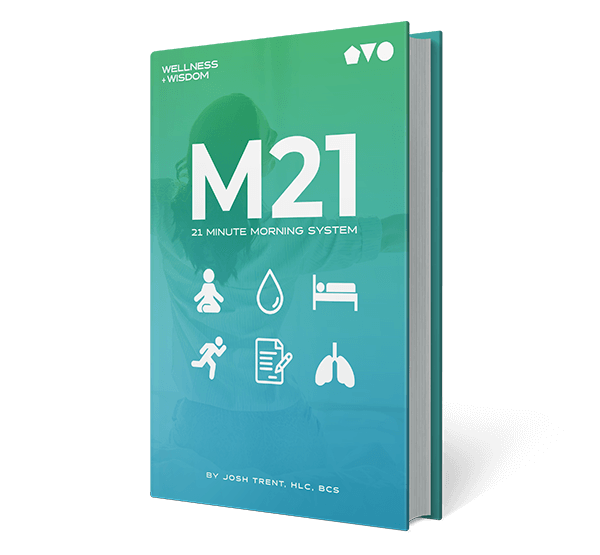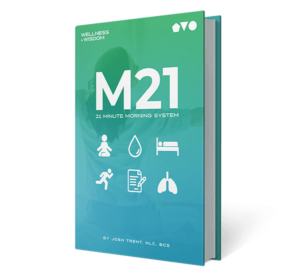 Lewy Body Dementia affects not only the individual but also their family members. Individuals with this condition experience alterations in thinking, movement, behavior, and mood, often sending families in search of ways to provide solace and connection. Though no cure exists, there are gentle methods—treatments and activities—that could alleviate symptoms, enhance quality of life, and provide flashes of happiness. With gentleness and respect, let's look at how these tactics might help one to get through the stages of Lewy Body Dementia.
Lewy Body Dementia affects not only the individual but also their family members. Individuals with this condition experience alterations in thinking, movement, behavior, and mood, often sending families in search of ways to provide solace and connection. Though no cure exists, there are gentle methods—treatments and activities—that could alleviate symptoms, enhance quality of life, and provide flashes of happiness. With gentleness and respect, let's look at how these tactics might help one to get through the stages of Lewy Body Dementia.
Table of Contents
Activities for Patients with Lewy Body Dementia
For someone with LBD, trying to find purposeful activities can be the best gift for them. These activities develop the spirit, occupy the mind, and sometimes even revive a spark of who they have always been. For the best results, consider these mild, thoughtful options:
Physical Exercise
For those going through Lewy Body Dementia stages, movement can be an excellent therapy. Especially when concentrating on rhythmic, symmetric motions—like walking or slow stretching—that support balance and coordination, physical therapy can do marvels. These activities support what's possible instead of stretching the patient’s capabilities. They can help posture, lower stiffness, and even improve mood, therefore giving one a feeling of achievement in a body that might seem erratic. A slow walk with a close friend or a therapist-led meeting may turn into a moment of connection and tranquillity.
Pet Therapy
The relationship between an animal and a person can be magical. By offering solace through soft fur and wagging tails, pet therapy brings that warmth to people with LBD. Visiting with a family pet or a therapy dog could reduce anxiety, prompt smiles, and maybe even foster communication. For someone whose reality can seem bewildering, an animal's unconditional love can be a calming, regular source of comfort.
Art Therapy
Art therapy beautifully taps into the therapeutic potential of creativity. Drawing, painting, or even coloring may provide a person with LBD an opportunity to communicate if speech fails. It's not about the result; it's about the method. The sensation of a brush in hand or the view of vivid colors can provoke memories and feelings, providing a tranquil getaway. Furthermore, it is a beautiful means for caregivers and loved ones to participate together, sharing a calm, artistic moment.
Music Therapy
Even when dementia obscures the mind, music can affect the heart of a patient in a way only music can. Familiar music can help those with LBD to calm down, revive memories, and find tranquillity. Music therapy can be customized based on what they enjoy—whether it be listening to a favorite playlist, singing along, or even tapping to a beat. Particularly in late activities, when communication becomes more difficult, it is a soft approach to connecting. One of these old melodies could simply spark their eyes—and yours.
Stages of Lewy Body Dementia
Though every patient is different, LBD develops in phases:
- Early symptoms include hallucinations, mild memory lapses, or small mobility issues.
- As the middle phase approaches, thinking becomes fuzzier, motions stiffer, and sleep problems become more common.
- Daily chores may need full support in the late stage, and symptoms like fluctuating alertness or muscle stiffness can take center stage.
Knowing these stages of Lewy Body Dementia helps you to find the level of care your loved one needs, changing treatment with patience and affection as their needs change.
Medications for Lewy Body Dementia
Although they have to be carefully balanced, medicines can go far in lessening LBD symptoms:
- Cholinesterase inhibitors, frequently used in Alzheimer’s, might help to improve cognition or relieve befuddlement.
- For movement disorders such as rigidity or tremor, medications like carbidopa-levodopa might provide relief, although they must be closely monitored since they can sometimes aggravate hallucinations.
- Although they may help with intense agitation or delusions, antipsychotics have complex side effects and so must be used wisely.
- Other mild treatments could be needed for mood swings or sleep problems.
Working closely with a physician familiar with the complexities of LBD is key to guaranteeing that therapies fit both comfort and safety.
Side effects can be a challenge—some drugs may aggravate drowsiness. Still, others might increase disorientation. Always keep the well-being of the individual at the core of every choice. Open discussions with medical professionals can help customize a program that feels appropriate and offers support without overwhelming.
Conclusion
Certainly, living with Lewy Body Dementia is not hopeless. By conscious activities such as art, music, exercise, and pet therapy, we can bring out daily moments of connection together with happiness. Knowledge of the Lewy Body Dementia stages allows us to react compassionately. Drugs, when chosen thoughtfully, might take the sharpness off symptoms. It's about honoring the person, treating them with compassion, and discovering ways to keep their spirit alive instead of only managing a disease.









